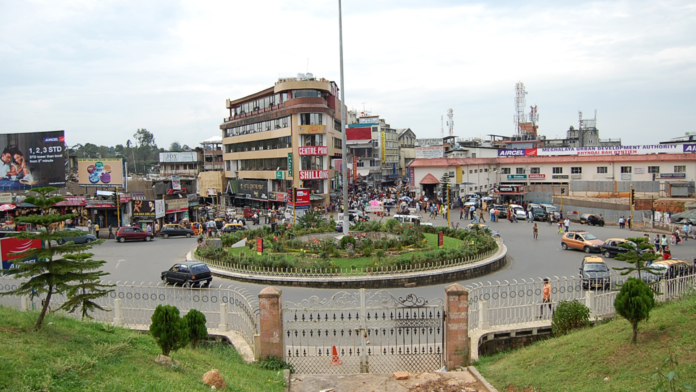Northeast cities, known for their scenic beauty and cultural richness, have found themselves once again among the worst-performing in the latest rankings for smart cities. Despite ongoing efforts to enhance infrastructure and digital connectivity, cities in the region continue to face challenges in meeting key benchmarks for smart city development.
The rankings, released by a leading research organization, assess various parameters such as urban governance, sustainable development, technological innovation, and quality of life. Northeast cities consistently lag behind their counterparts in other regions, highlighting the need for targeted interventions and strategic planning to bridge the gap.
One of the major hurdles faced by Northeast cities is inadequate infrastructure, particularly in areas such as transportation, waste management, and water supply. Limited funding and resources have hindered the implementation of crucial infrastructure projects, resulting in subpar performance in key areas of urban development.
Another issue plaguing Northeast cities is the digital divide, with many residents lacking access to high-speed internet and digital services. This disparity not only hampers economic growth and innovation but also affects the quality of life for residents, who are unable to fully participate in the digital economy.
Environmental sustainability is also a pressing concern for Northeast cities, which grapple with pollution, deforestation, and loss of biodiversity. Despite the region’s ecological significance, urban development projects often overlook environmental considerations, leading to negative consequences for both the environment and public health.
Addressing these challenges requires a multi-pronged approach that involves collaboration between government agencies, private sector partners, and civil society organizations. Investments in infrastructure, digital connectivity, and sustainable development initiatives are essential to improve the overall livability and competitiveness of Northeast cities.
Furthermore, there is a need for greater public awareness and community engagement to ensure that smart city initiatives are inclusive and responsive to the needs of all residents. By empowering local communities and fostering a culture of innovation and collaboration, Northeast cities can overcome the hurdles and emerge as leaders in smart city development.
While Northeast cities continue to face challenges in their journey towards becoming smart cities, there is immense potential for growth and development. With concerted efforts and strategic investments, these cities can overcome obstacles and chart a path towards a more sustainable and prosperous future.



